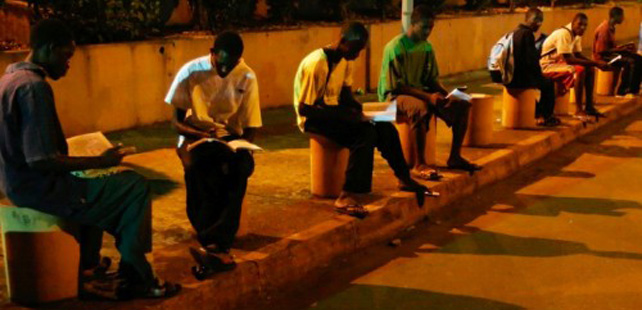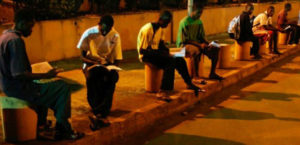
 The government of Guinea says it is working around the clock to stabilize the energy situation in the country as the capital Conakry and major cities of the West African nation faced a massive power shortage in recent weeks.
The government of Guinea says it is working around the clock to stabilize the energy situation in the country as the capital Conakry and major cities of the West African nation faced a massive power shortage in recent weeks.
According to the government, the low-water levels at the Konkouré River, on which the Kaléta 240 megawatt- hydroelectric dam is built, explains the recent power cuts in the country.
Hydropower produces the vast majority of Guinea’s electricity and a year-long drought has dramatically reduced supplies from the Konkouré dam.
The situation has worsened in recent weeks as the power utility, EDG, failed to pay about 300 billion Guinean francs to the Mauritanian company Star Oil, which supplies fuel to EDG’s power plants in Guinea.
EDG’s Conakry-based thermal network supplies about 150 megawatts, while the power of the Kaléta hydroelectric dam has fallen to less than 80 megawatts per hour.
On Saturday, demonstrations have resumed in the country after the opposition leader, Cellou Dalein, made a comment about the “real causes” of the power shortage.
According to the opposition leader, the current power shortage is due to the attribution of the thermal production market to “the friends” of incumbent President Alpha Condé, who failed to supply the electricity to Guineans.
Water and electricity cuts are frequent in Guinea, where an overwhelming majority of the population lives in poverty despite the country’s rich mineral resources.
The country’s economy continues to show signs of recovery following the 2013–2016 Ebola epidemic, driven by robust performance in the mining, infrastructure and agricultural sectors. Bauxite production is forecast to grow by 9.0% in 2018.
